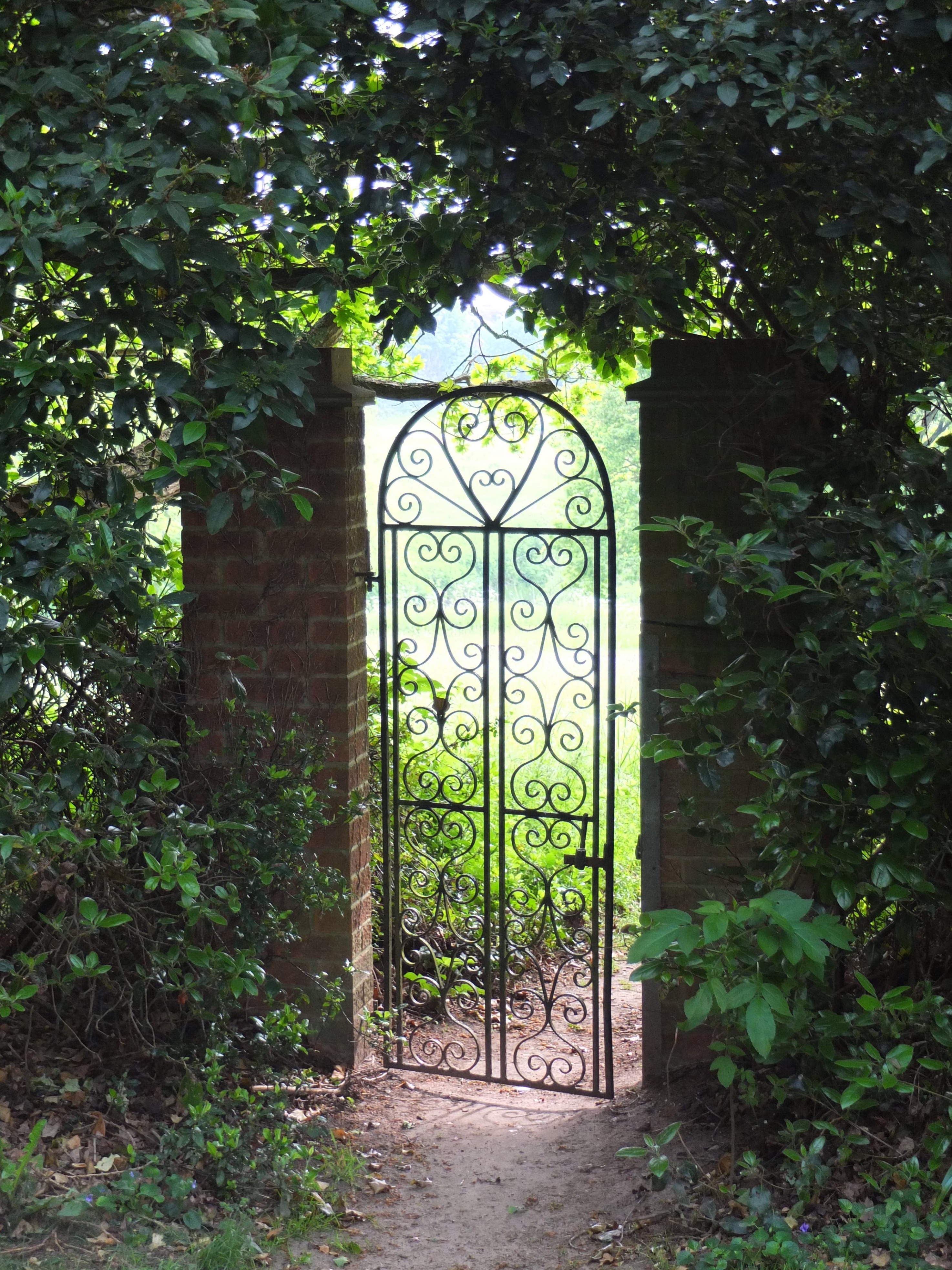 “If only these treasures were not so fragile as they are precious and beautiful.”
“If only these treasures were not so fragile as they are precious and beautiful.”
Johann Wolfgang von Goethe – The Sorrows of Young Werther
I watched the other day – on the splendid but disturbingly imperiled BBC – the latest in Alan Yentob’s arts strand – ‘Imagine’. The most timely subject of this episode was the delicate state of the arts in the UK (but by extension also throughout the western world) as a result of the COVID-19 pandemic.
The point was well made that the case for spending government monies to protect the arts at a time when the health service is all but overwhelmed and when old people are dying in care homes (as was certainly the case at the start of the pandemic) is extremely difficult to make. It is – of course – always difficult to mount any such convincing justification for the arts in times of crisis and disaster.
Except that – whereas Mazeroff’s ‘Hierarchy of Needs’ certainly depicts our physiological and safety needs as comprising the broad base of the pyramid, as one heads on upwards towards the top where love and belonging, esteem and self-actualisation are to be found, we once again rapidly discover (as a by-product of our unwanted incarceration through lock-down) that life without the arts, with all their magnificent variety and substance, loses a surprising measure of its meaning.
If that were not case enough for protection of our priceless and precious artistic assets then let us fall back on that ever reliable argument – economic benefit. In the UK alone the arts and culture sector contributes nearly £11 billion a year to the UK economy on a turnover of more than £21 billion per year – supporting in excess of 260,000 jobs. Even given that some £900 million of funding flows each year from central government into the arts and culture, the recuperation from the sector of £2.8 billion a year in tax revenue represents a very decent return.
The UK government has at least recognised the urgency of supporting the arts sector – the which was by and large the first to close in the COVID-19 lock-downs and will in all probability be the last to re-open – and has made £1.5 billion in funding available to keep companies and venues afloat.
All very reasonable as far as it goes – except that the arts is considerably more than just famous actors and musicians, well-renowned companies and grandiose venues. The majority of those who work in the arts and culture sector do so, in fact, as freelancers and as such are not covered by the government’s emergency funding arrangements. Anyone who has even tenuous connections with the arts world (as do I) will know of people whose livelihoods have all but disappeared overnight. If they are forced out of the arts for good a large chunk of the arts economy will disappear with them.
Please do spare a thought for such folk and do whatever you can to support them.


Recent Comments